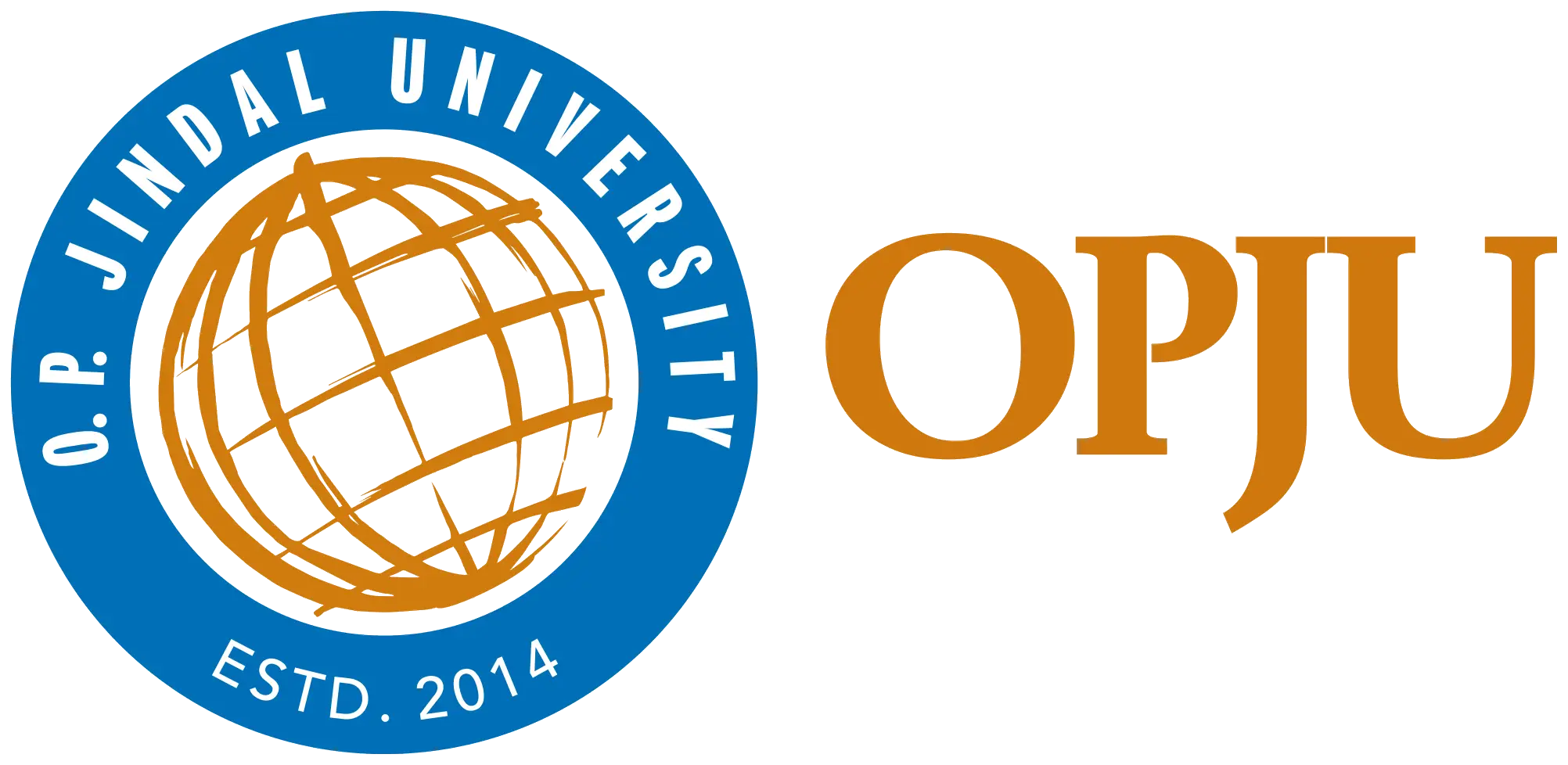PO 1: Knowledge and Problem Solving:
Understand the economic concepts and apply the knowledge to the various economic problems to identify, formulate and analyze complex problems.
PO 2: Critical Thinking and Ethical Decision-Making:
Demonstrate the ability to analyze and evaluate the underlying assumptions that shape our thoughts and actions, critically assessing their accuracy and validity. Explore diverse perspectives to enhance decision-making skills in intellectual, organizational, and personal contexts.
PO 3: Ethical Awareness and Responsibility:
Recognize and appreciate diverse value systems, including one's own, while understanding the ethical dimensions of decision-making. Assume responsibility for the moral implications of choices and actions.
PO 4: Environmental Awareness and Sustainable Practices:
Develop an understanding of environmental contexts and challenges, promoting sustainable development. Explore strategies to address environmental issues and contribute to sustainable practices in personal and professional settings.
PO 5: Self-Directed Learning and Lifelong Growth:
Cultivate the ability to engage in independent and lifelong learning, adapting to socio-technological changes. Embrace a proactive approach to acquiring new knowledge and skills, fostering personal and professional growth throughout one's lifetime.




